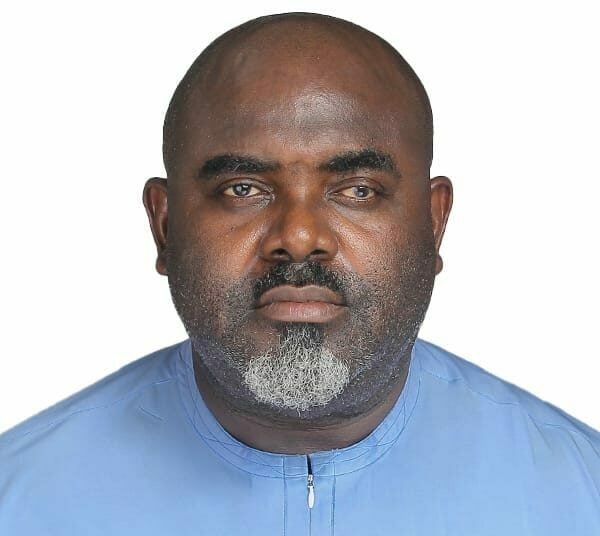A petroleum engineer and environmental expert, Mr Charles Deigh, has attributed the recurring cases of urban flooding in Nigeria to poor design, construction and maintenance of drainage systems across major cities.
Deigh made the statement in Abuja while speaking to journalists, stressing that inadequate and blocked drainage channels had continued to worsen flooding, especially during the rainy season.
He said that while climate change and heavy rainfall contribute to flooding, the lack of adequate drainage infrastructure remains the primary cause of the recurring disasters.
“In most Nigerian cities, drains are either undersized, poorly built, or completely blocked with waste.
“When stormwater cannot flow into canals and rivers, it finds its way into homes, roads and markets, causing massive damage,” he said.
Deigh cited Lagos as one of the worst-hit states. Recent heavy rains submerged areas such as Lekki, the 3rd Mainland Bridge, Ago Palace Way, Ayobo-Ipaja, Fola Osibo, and Sangotedo, destroying property worth billions of naira.
According to him, similar situations have been recorded in the states of Bayelsa, Benue, Anambra, Imo, Rivers, and Niger.
He said that in addition to damaging infrastructure, floodwaters often mix with refuse and sewage, leading to outbreaks of waterborne diseases such as cholera, typhoid, and dysentery.
“Children are especially vulnerable. Flooding also causes substantial economic losses as roads, markets, and businesses are destroyed.
“Commerce halts when roads are flooded, goods are destroyed, and transport is disrupted.
“Every flood season drains government resources that should have been channelled into long-term infrastructure,” he said.
He called for urgent preventive measures, stressing that flood prevention must replace emergency response in Nigeria’s approach to flood management.
“Flooding in Nigeria is not only a natural disaster but a product of neglect and weak governance.
“Unless we take deliberate steps to upgrade our drainage systems, every rainy season will continue to be a season of fear,” he said.
He urged the government to enforce building codes, expand and desilt drainage channels regularly, and provide functional waste management systems to prevent blockages.
The Nigerian Meteorological Agency (NiMet) warned that most parts of the country would experience above-normal rainfall in 2025.
The agency urged states to strengthen flood-prevention measures and improve urban drainage systems.





